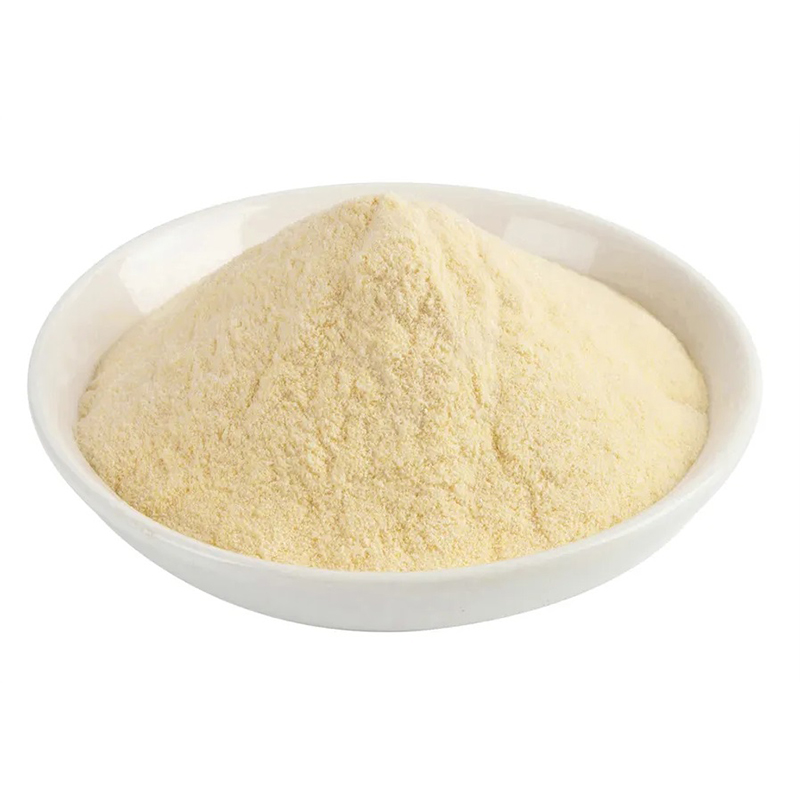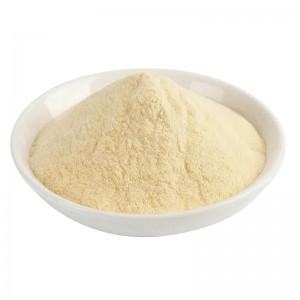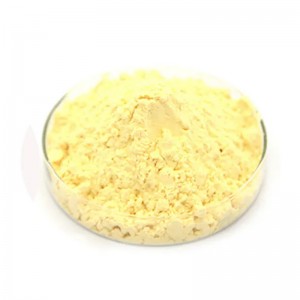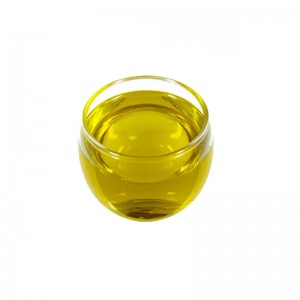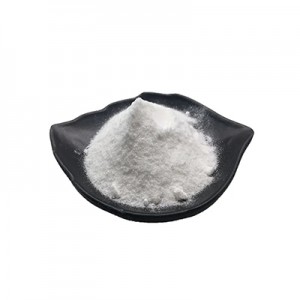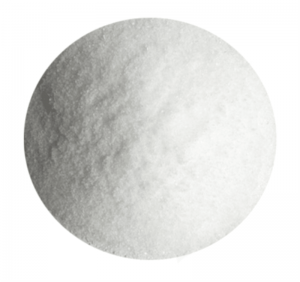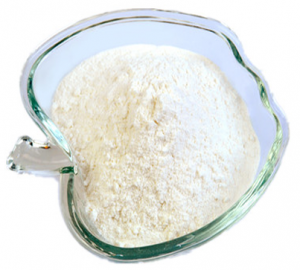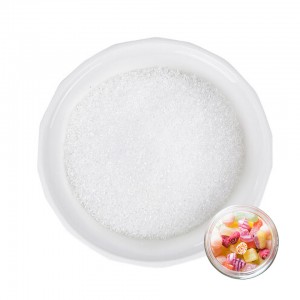| Basic Information | |
| Product name | Vitamin A Palmitate |
| Grade | Food grade |
| Appearance | Light Yellow liquid or Light Yellow Powder |
| Assay | 250,000IU/G~1.000,000IU/G |
| Shelf life | 2 years |
| Packing | 25kg/carton |
| Condition | Keep in a cool, dry, dark location |
| Characteristic | Soluble in chloroform and vegetable oils. Insoluble in water. |
What is Vitamin A Palmitate?
Vitamin A Palmitate / Retinyl Palmitate is a type of vitamin A (VitaminA).It also known as retinol, is an important component of visual cells. It is an essential nutrient of complex organism. Can be dispersed in a gelatin matrix or oil. Sensitive to light and air. Butylated hydroxytoluene (BHT) and butylated hydroxyanisole (BHA) are often included as stabilizers. Soluble in ethanol, chloroform, acetone and oil ester, melting point 28~29°C.Retinyl palmitate belongs to a category of compounds called retinoids, which are chemically similar to vitamin A. It exhibits a beneficial effect on vision, skin and immune function, inhibits cell proliferation and prevents cancer. It is an important dietary as well as a therapeutic compound.
Function of Vitamin A Palmitate
Vitamin A Palmitate can be absorbed through the skin, resist keratinization, stimulate the growth of collagen and elastin, and increase the thickness of the epidermis and dermis. Enhance skin elasticity, effectively eliminate wrinkles, promote skin renewal and maintain skin vitality. , Moisturizing cream, repair cream, shampoo, conditioner, helps improve immunity,promote development, strengthen bone, etc
Application Of Vitamin A Palmitate
Vitamin A Palmitate is known as a skin “normalizer.” It acts as an antikeratinizing agent, helping the skin stay soft and plump, and improving its water-barrier properties. Because of its impact on the skin’s water-barrier properties, it is useful against dryness, heat, and pollution. It is also an anti-oxidant and is suggested for use in sunscreens. Clinical studies with vitamin A Palmitate indicate a significant change in skin composition, with increases in collagen, DNA, skin thickness, and elasticity. Vitamin A Palmitate’s stability is superior to retinol.
Retinyl palmitate is a skin conditioner. This retinoid is considered a milder version of retinoic acid, given its conversion properties. once on the skin, it converts to retinol, which in turn converts to retinoic acid. Physiologically, it is credited with increasing R epidermal thickness, stimulating the production of more epidermal protein, and increasing skin elasticity. Cosmetically, retinyl palmitate is used to reduce the number and depth of fine lines and wrinkles, and prevent skin roughness resulting from uV exposure. Secondary reactions such as erythema, dryness, or irritation are not associated with retinyl palmitate. It is even more effective when used in combination with glycolic acid because it achieves greater penetration. In the united States, its maximum usage level in cosmetic formulations is 2 percent. Retinyl palmitate is the ester of retinol and palmitic acid.


